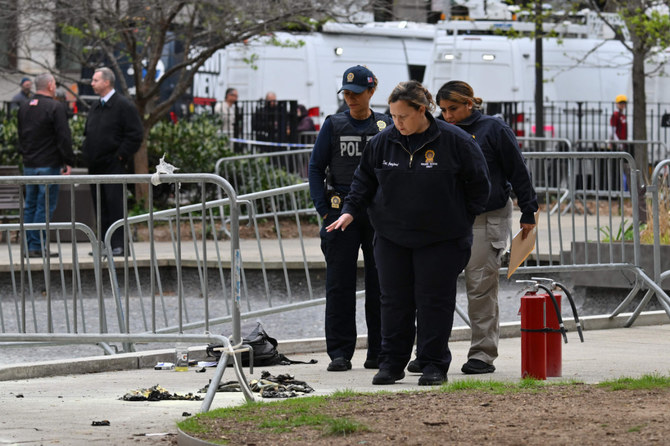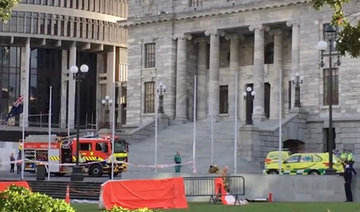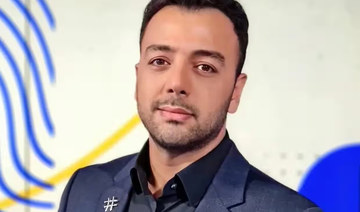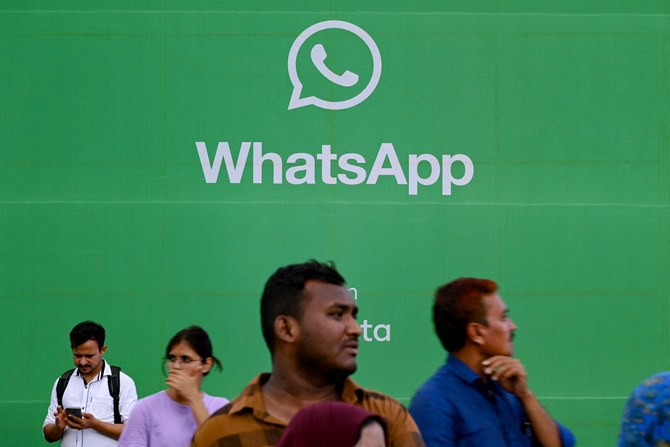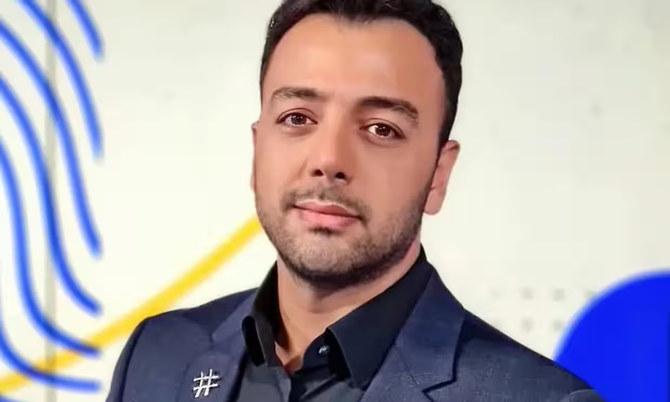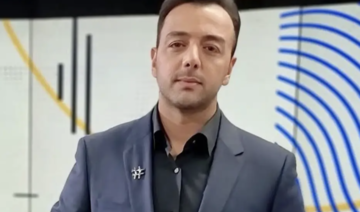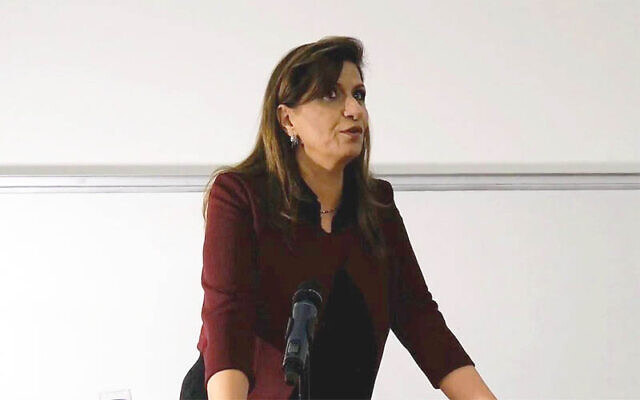RIYADH: The 90th Saudi National Day is one of pride and celebration not only for the people of the Kingdom – but brands too. From offering discounts, to musical playlists, and social media events, here’s how brands are joining in:
Amazon.sa
In celebration of National Day in Saudi Arabia, Amazon.sa is running a sale until Sept. 26 offering discounts of up to 70 percent. It represents the first National Day sale for Amazon.sa, which launched earlier in the year for customers in the Kingdom.
Careem
Careem KSA is celebrating by offering people getting engaged on its social media platform a chance to win gold bars and coins.
With current circumstances changing the way people celebrate, and to mark the Kingdom’s 90th National Day, Twitter launched a 90-minute trivia quiz via its @TwitterMENA account in the region. The virtual celebration challenges people on their knowledge about the Kingdom, from historical moments and culinary arts, to hidden gems and sporting prowess.
Twitter teamed up with a series of Saudi experts, covering a wide range of sectors including travel, food, history, entertainment, education, and sports.
The experts, including Abdullah Al-Jumah (@AAlJumah), Abdul Aziz Alyami (@azeez000a), Dr. Bandar Alghamiz (@BAlghmaiz), Bader Al-Fouzan (@B_alfouzan), Malk Alsulaimy (@ARCH1993), and Abdulelah Alfares (@AbdulelahAlfars), also supported the campaign by sharing hints and insights about the topics.
In addition, Twitter has created an emoji of the Saudi flag that is triggered whenever the following hashtags are tweeted throughout the month of September: #SaudiNationalDay; #SaudiNationalDay2020; and #SaudiNationalDay90.
A dedicated event page in both Arabic and English will also be launched, providing people with real-time updates on activities, including videos and Moments (collections of tweets). The event page will be accessible through either the Twitter Explore section or on top of people’s timelines, for those who have already engaged with #SaudiNationalDay content on Twitter. Alternatively, people can find the page by searching Saudi National Day on Twitter.
Snapchat
To celebrate the 90th Saudi National Day, Snapchat’s official lens creator, Fahad Mutlaq, has created an anti-reflection (AR) lens that allows Snapchatters to celebrate the event even when physically apart, giving them the chance to share cool snaps while celebrating at home.
Abdulla Al-Hammadi, regional business lead at Snap Inc., said: “We are committed to bringing AR experiences to Snapchatters in the KSA. Given the exceptional times that the world is going through due to the COVID-19 pandemic, this lens comes to provide our community in Saudi Arabia with the chance to express their love for their country while they are celebrating National Day.”
Mutlaq said: “Creating an interactive lens that allows Snapchatters to celebrate this occasion from home, using the Kingdom’s official National Day slogan, colors, and logo, has been an absolute honor.
“By leveraging the power of AR, Snapchat has been bringing exceptional experiences to Snapchatters in the Kingdom, allowing them to create memorable, interactive moments on unique occasions such as the Saudi National Day.”
Emirates NBD
The 90th Saudi National Day comes amid a challenging year on all levels. Emirates NBD wanted this film to act as a thank you letter on behalf of all Saudis to those who have helped the Kingdom reach its 90th National Day safely – the heroes who have relentlessly and responsibly worked behind the scenes hand-in-hand with the government to ensure people’s safety, making the Kingdom a safe land full of blessings.
The film celebrates Saudi National Day through an emotional script, written in a poetic way and complemented by a musical score that goes along with a compilation of footage showing people and scenery from throughout the Kingdom.
Deezer
The global music streaming service Deezer launched a campaign called “Let’s sing for the homeland,” inviting all music fans to use a specially designed online feature to nominate songs that best express the love that people have for the Kingdom.
The final compilation of songs, unveiled on Saudi National Day under the banner “Saudi Flow: Le Noghani Lel Watan,” offers a unique musical experience created by music fans and curated by Deezer to celebrate the country. The campaign aims to bring the nation closer together through music.
Tarek Mounir, Deezer CEO for the Middle East, North Africa (MENA), and Turkey said: “We want every music fan to be able to celebrate their love for this beautiful and spirited country. We have imagined ‘Let’s sing for the homeland’ as a place where people can come together as one, united by music.
“Saudi Flow will reflect the nation’s musical DNA. I would like to invite everyone to join the online celebrations and create the nation’s first flow.”
Saudi Flow has been inspired by Deezer’s signature feature Flow, which is based on a proprietary algorithm and recommendations from its professional music editors. It offers an endless mix of old favorites and new recommendations in one ever-evolving stream.
While Deezer’s algorithm is responsible for presenting every listener’s personal preferences, the flow of a whole country should reflect the preferences of its people, but it is still supported by Deezer’s editors and technology.
Join the celebrations today and nominate your song by visiting http://nationaldayplaylist.com.
Ithra
As national identity remains resolute in the face of a global pandemic, Ithra, the King Abdul Aziz Center for World Culture, is proud to celebrate Saudi Arabia’s 90th National Day with a host of activities dedicated to the Kingdom’s culture.
Ithra’s National Day offering runs until Sept. 26 with events including exhibitions, family activities, storytelling, a game competition, Saudi cuisine, workshops, poetry, music, dance, and folk performances.
Highlights include the opening of the Kingdom of Cultures exhibit, which takes visitors through Saudi Arabia’s varied landscapes to meet its diverse people and experience its rich cultural legacy. It will run for 90 days.
Takya is a fine-dining experience featuring an innovative blend of authentic, fusion, and contemporary cuisine. There is also The Market, which brings creativity and design into Khobar with a reimagining of the central vegetable market in Al-Ulaya with an artist area, performances, and food trucks.
Al-Farabi band accompanied by Abeer Balubaid on piano and singer Ameen Farsi headline the music program, while Abdulatif bin Yousef presents poetry night.




